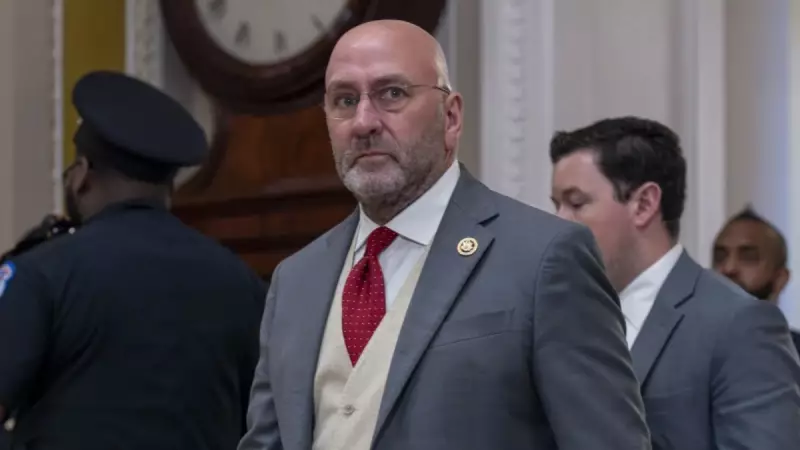
In a surprising political development that has captured national attention, Republican Congressman Clay Higgins emerged as the sole dissenting voice against releasing Jeffrey Epstein-related documents. The Louisiana representative's controversial vote on January 6, 2025, positioned him against 419 colleagues who supported making the sensitive files public.
The Lone Dissenter in Epstein Document Release
The US House of Representatives witnessed near-unanimous agreement on releasing documents connected to the Jeffrey Epstein case, with only one lawmaker breaking ranks. Representative Clay Higgins, serving Louisiana's 3rd congressional district, cast the single opposing vote against the resolution that sought to bring more transparency to the Epstein scandal.
The vote occurred on January 6, 2025, with an overwhelming majority of 419 representatives supporting the measure. Higgins' isolation in this decision immediately sparked widespread discussion and speculation about his motivations. The congressman, known for his conservative stance and background in law enforcement, found himself at the center of a media storm following his controversial position.
Understanding Clay Higgins' Political Profile
Clay Higgins is no stranger to political controversy. The Republican congressman has built a reputation as a staunch conservative with a background in law enforcement, having served as a police officer and sheriff's captain before entering politics. His district encompasses southwestern Louisiana, including areas like Lafayette and Lake Charles.
Throughout his political career, Higgins has positioned himself as a defender of constitutional principles and limited government intervention. His voting record reflects consistent conservative values, often aligning with hardline Republican positions. However, his latest vote has drawn unusual attention, even from within his own party.
Higgins justified his position by citing concerns about protecting ongoing investigations and preserving the integrity of judicial processes. In statements following the vote, he emphasized the need for proper legal procedures rather than congressional mandates in handling sensitive case documents.
Political Repercussions and Public Response
The decision has generated significant backlash from various quarters, including victims' rights advocates and transparency proponents. Many critics argue that full disclosure of Epstein-related documents is crucial for understanding the extent of the financier's network and ensuring accountability.
Supporters of the document release emphasize that transparency serves public interest in cases involving powerful individuals and potential abuse of power. The near-unanimous House vote reflects broad bipartisan agreement on this principle, making Higgins' dissent particularly notable.
Political analysts are watching closely how this decision might affect Higgins' standing among constituents. While his conservative base might appreciate his principled stance, moderate voters and transparency advocates could view his position as problematic. The coming weeks will reveal whether this vote becomes a defining moment in his political career or merely a footnote.
The Epstein case continues to generate public fascination and outrage, particularly regarding the mysterious circumstances surrounding his death and the unresolved questions about his extensive network of associates. The document release, supported by virtually the entire House, represents a significant step toward addressing these lingering questions.





